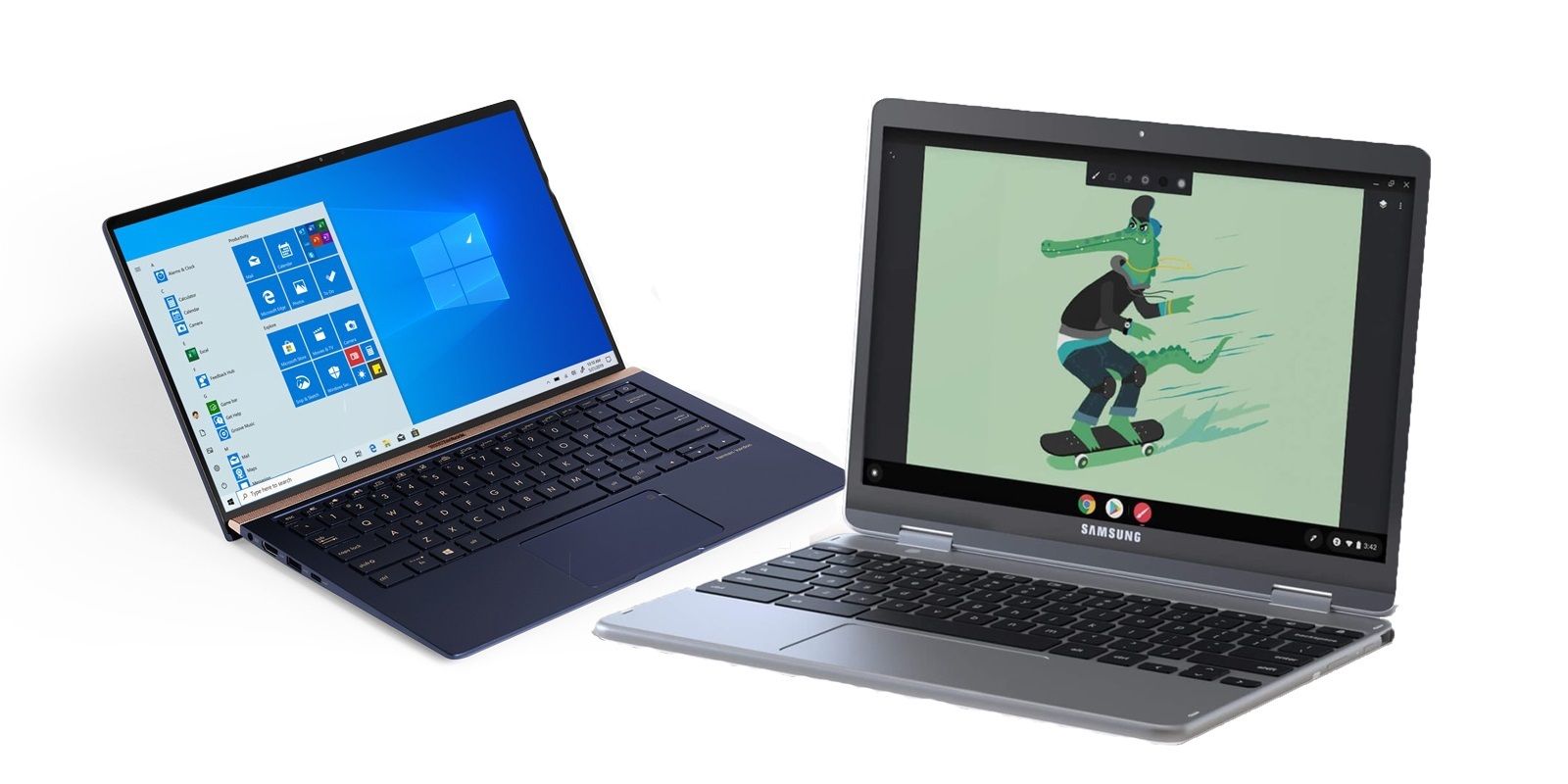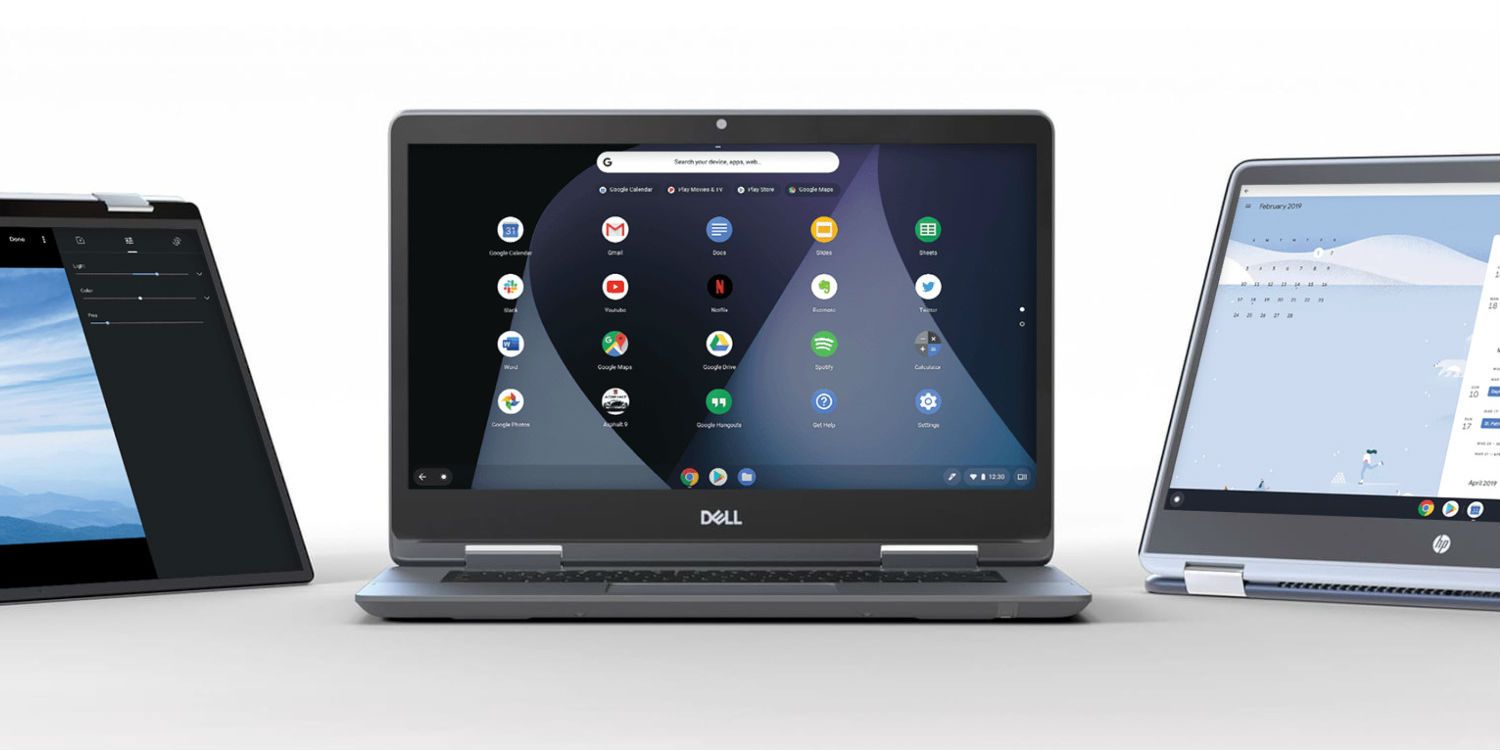Choosing a laptop used to mainly come down to a MacBook or Windows laptop, but Google's Chromebooks are now a reliable and solid third alternative. Due to the pandemic, working and studying at home has become the new normal for many, as is the need for a device that can handle the various tasks users are now expected to perform from home. For some, Chromebooks can be the smarter choice as they offer good value for money, but for others, laptops might still be the best option.
Google Chromebooks were first introduced in 2011, in collaboration with Acer and Samsung. Although they received quite many mixed reviews at the time, they have continued to evolve. By 2016, Chromebooks had surpassed the sales of Macs in the US, mainly thanks to their adoption within the education market. Students and teachers alike found that Chromebooks are not only cheaper than Windows laptops and MacBooks, but they are also easy to use. At a glance, Chromebooks look exactly like a Windows laptop, but they tend to be more reliant on cloud-based applications.
Chromebooks have their own operating system called Chrome OS. Recently, Google added the Play Store to some models, allowing Chromebook users to download apps that were previously only available on Android phones and tablets. In spite of this, Chromebooks remain primarily focused on the Google Chrome browser. Therefore, if a student or a remote worker requires a device for online work specifically, including working on documents online, emailing, or streaming videos, then Google Chromebooks might be an option worth considering. After all, more computing actions these days happen online, rather than on the computer itself.
Chromebooks Compared To Laptops
While Chromebook can be bought for a couple of hundred dollars, it may be hard finding a laptop in the same price range that can satisfy your computing needs. Although, laptops are still the best option for hardware and the interface tends to be more integrated and polished. As soon as the start button is clicked, there are plenty of pre-installed and user-installed programs and apps to play with. There are also tons of quick settings that can be utilized to provide an experience more in line with an individual computing style. However, a laptop's biggest selling point remains its ability to be relatively equally used both online and offline.
A student or employee who needs to work on documents using Microsoft Office applications, such as Word or Excel, will likely find laptops are the better option. These applications are also available with Chromebooks, but often just the web versions. Therefore, the user will need to be online more often, unlike with a Windows laptop. Additionally, laptops are the best option for people who do advanced photo or video editing, as Chromebooks are often less capable of handing more demanding applications and features.
Overall, laptops have more capabilities and tend to offer a more powerful computing experience in general. However, Chromebooks are much cheaper and can prove to be more than enough for those who use a device for lightweight and less-demanding operations. When returning to the original question of which is best for working or studying at home, the answer depends on the computing needs and, of course, budget. Those who are fine with mostly relying on web-based applications will find Chromebooks are enough, but if more demanding tasks that require powerful software are likely, then laptops are the best option.


